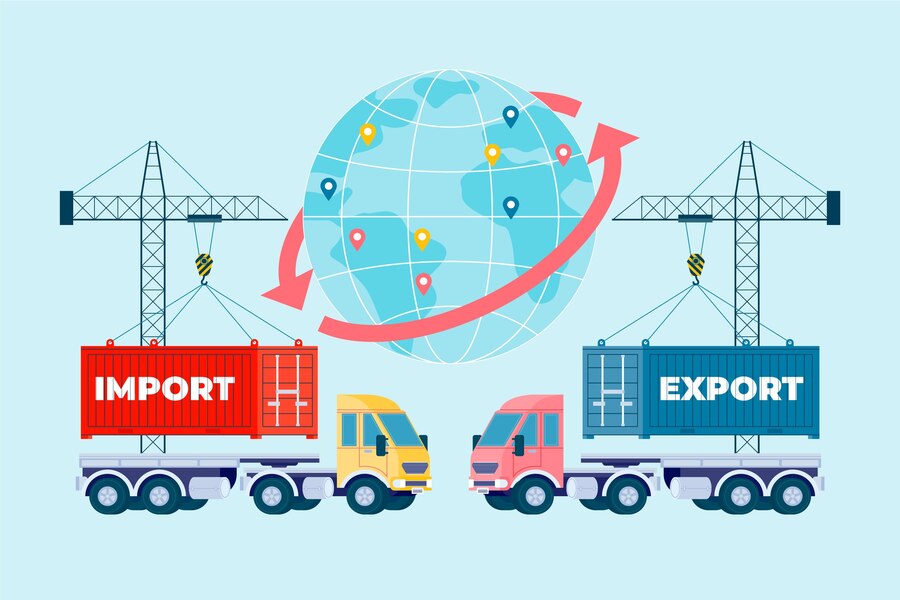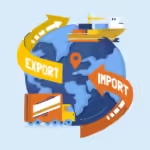What You Need to Know About Import Export Code (IEC) Compliance
For businesses involved in international trade, the Import Export Code (IEC) is an essential requirement. Issued by the Directorate General of Foreign Trade (DGFT), IEC is mandatory for anyone looking to import or export goods and services from India. However, having an IEC is not enough; ensuring compliance with all relevant rules and regulations is critical for seamless operations and avoiding penalties.
In this blog, we’ll explore everything you need to know about Import Export Code (IEC) compliance, including its importance, the consequences of non-compliance, and how to stay updated with the latest requirements.
Why IEC Compliance Matters
IEC compliance is essential for several reasons:
- Legal Requirement: Holding an IEC is mandatory for any business conducting import/export activities. Without it, you cannot legally operate in international trade.
- Avoidance of Penalties: Non-compliance with IEC regulations can result in penalties, including the suspension or cancellation of your IEC. This can cause delays in shipments, increased costs, and legal consequences.
- Ensures Smooth Business Operations: Maintaining IEC compliance helps businesses avoid disruptions in customs clearances, banking transactions for foreign trade, and other logistics-related issues.
Key Areas of IEC Compliance
To ensure your business remains compliant with IEC requirements, here are the key areas to focus on:
- Regular IEC Updates: After receiving your IEC, it’s essential to keep your details up to date. Whether it’s a change in business name, address, or directors, any modifications must be promptly updated with the DGFT. This helps avoid complications in transactions and customs clearances.
- Filing of Returns: While the IEC does not require you to file returns regularly, if your business also has other licenses or registrations, such as GST, it’s crucial to file your returns on time. This ensures overall compliance and avoids issues during audits.
- Renewal of IEC: Previously, the IEC didn’t have an expiry date. However, recent guidelines now require businesses to update or renew their IEC annually, even if no changes have occurred. Failing to renew or update your IEC can lead to its deactivation.
- Adherence to Foreign Trade Policy: All importers and exporters must comply with the regulations outlined in India’s Foreign Trade Policy. These regulations include customs duties, import/export restrictions, and various quality standards.
- Accurate Record Keeping: Maintaining accurate records of all import/export transactions, including shipping details, customs declarations, and payments, is a key part of compliance. These records may be requested during an audit to verify that all legal requirements are being met.
- Customs Regulations Compliance: Beyond IEC-specific compliance, businesses must adhere to customs regulations, including correct HS codes, customs valuations, and anti-dumping laws. Failure to comply with these regulations can result in delays, penalties, or rejection of goods at customs.
Consequences of Non-Compliance
Failure to maintain IEC compliance can lead to severe consequences, such as:
- IEC Suspension or Cancellation: Non-compliance, especially failing to update your IEC or renew it as required, can result in your IEC being deactivated or canceled by the DGFT.
- Customs Delays: Non-compliance can cause customs delays, leading to increased costs and impacting your supply chain.
- Financial Penalties: Non-compliant businesses may be subject to penalties, fines, or legal action.
How to Stay Compliant
Here are a few steps to ensure you remain compliant with IEC regulations:
- Stay Updated on Regulatory Changes: Keep a close watch on updates from the DGFT and other relevant authorities regarding IEC compliance and trade regulations.
- Work with a Compliance Expert: A professional compliance service like The Tax Compliance can help you navigate the complexities of IEC compliance, ensuring you meet all the necessary legal requirements.
- Maintain Proper Documentation: Ensure all required documents are updated, including trade licenses, customs documents, and records of transactions.
- Annual IEC Renewal: Remember to renew your IEC annually to avoid deactivation.





